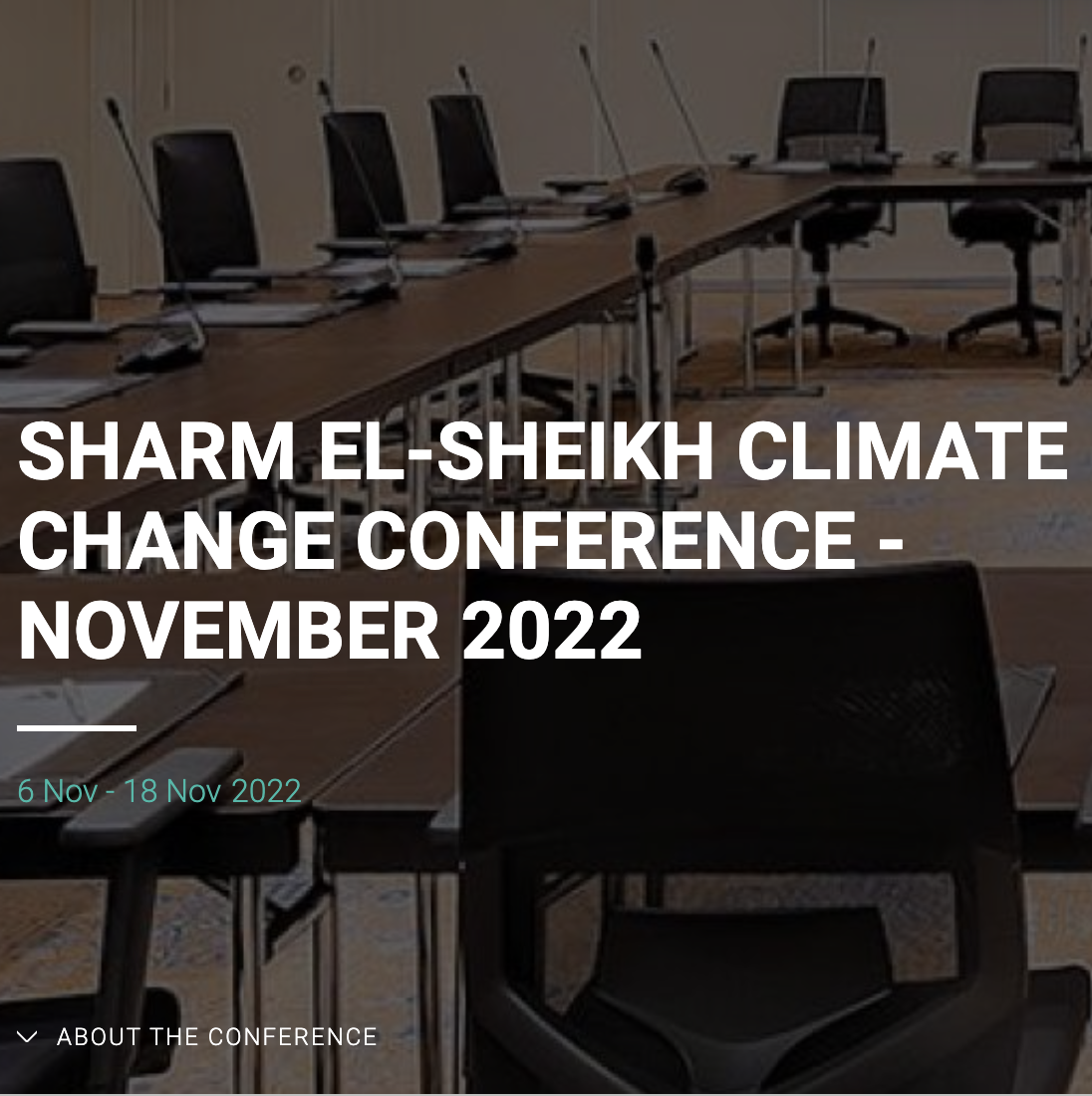
PhD candidate Veronica Relano and Dr. Simon Donner, professor in IOF, IRES and Geography, are among the 10 members of UBC’s delegation travelling to Egypt to attend the 27th United Nations Climate Change Conference of the Parties (COP27)
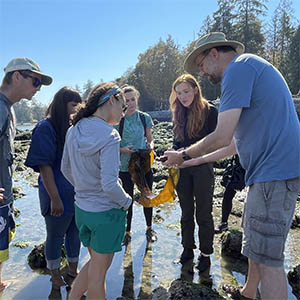
On Saturday, September 10th, IOF community members met coastal ecology expert, Dr. Christopher Harley, to take advantage of the receding waters and tour one of the intertidal zones at Stanley Park.
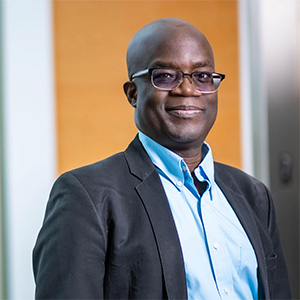
Prof. Sumaila is a UBC University Killam Professor, Canada Research Chair (Tier I) in Interdisciplinary Ocean and Fisheries Economics, and one of the world’s most innovative researchers on the future of the oceans.
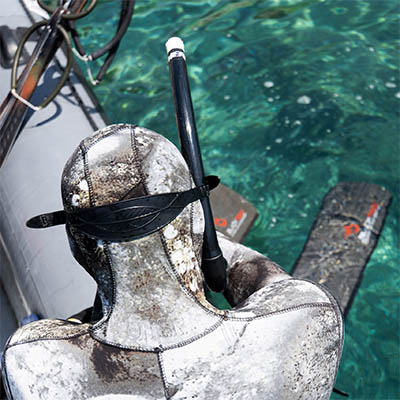
PhD candidate Rhea Storlund decided to take an unconventional approach to understand how marine mammals dive by asking human breath-hold divers about the decisions they make.
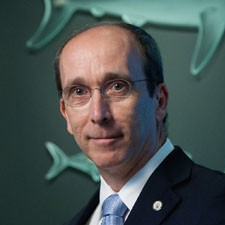
Dr. Christensen, a professor at the UBC Institute for the Oceans and Fisheries, is the principal architect behind the Ecopath with Ecosim (EwE) modelling approach and software.
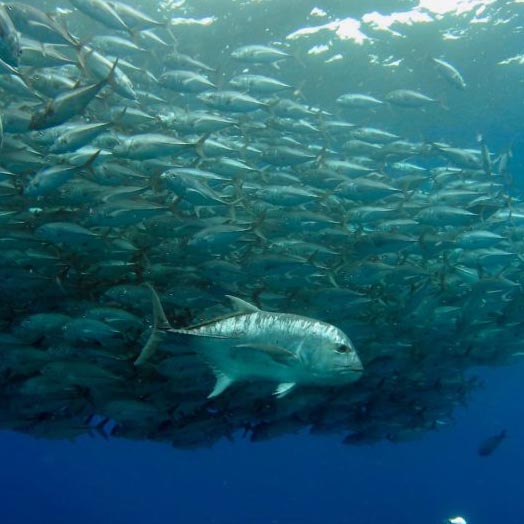
Tags: climate change, Colette Wabnitz, CORU, faculty, fish stocks, fisheries management, IOF postdoctoral fellows, IOF Research Associates, Juliano Palacios-Abrantes, Research, William Cheung
“We are at a turning point. What we need is a coordinated global effort to develop practical and equitable marine conservation measures to support effective biomass rebuilding under climate change,” said Dr. William Cheung
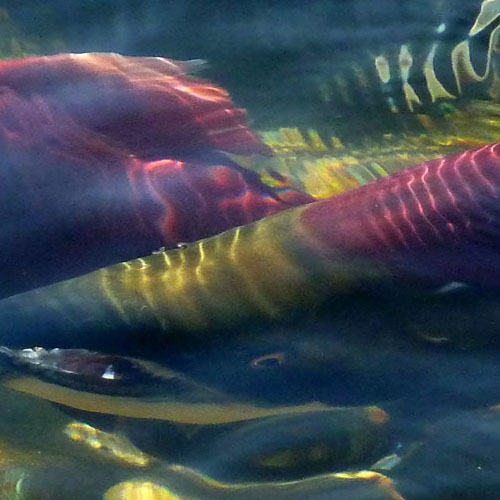
Tags: British Columbia, Christopher Harley, CORU, ecosystems, faculty, Indigenous fisheries, Indigenous Knowledge, marine ecosystems, Research, salmon, seafood, shellfish, William Cheung
The sockeye population has been in decline for a century - since 1913, returns in the Skeena River have dropped by 75% - and while there are many factors at play, says Dr. William Cheung, “climate change is definitely one of them.”
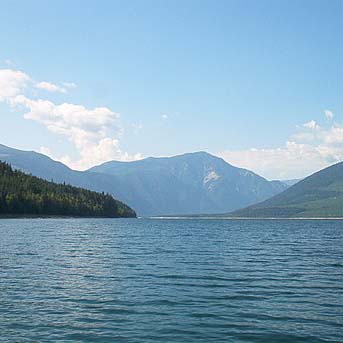
Tags: biodiversity, carbon footprint, Christopher Harley, climate change, ecosystems, marine ecosystems, microplastics, plastic, seafood, William Cheung
In the face of declining fish stocks like sockeye salmon, marine heatwaves and massive coastal die-offs, it can sometimes feel as though protecting our ocean ecosystems is a hopeless task. But there are things we can do.
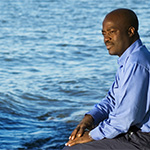
Tags: British Columbia, faculty, FERU, fisheries economics, ocean economy, Rashid Sumaila, Research, sustainability, Sustainable Development Goals (SDG)
The ocean is very valuable to B.C., in terms of GDP, jobs, and income.
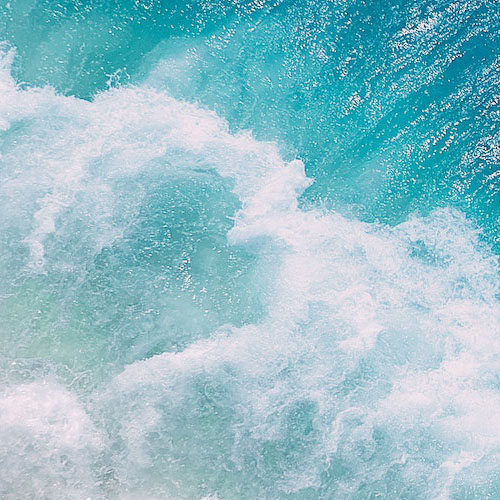
Tags: Deng Palomares, IOF Research Associates, ocean ecology, Research, Sea Around Us, sustainability, Sustainable Development Goals (SDG)
New research examined the progress of the UN's “Sustainable Development Goal (SDG) 14: Life Below Water”, and more than 70% of countries have not achieved a single target so far.